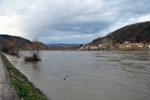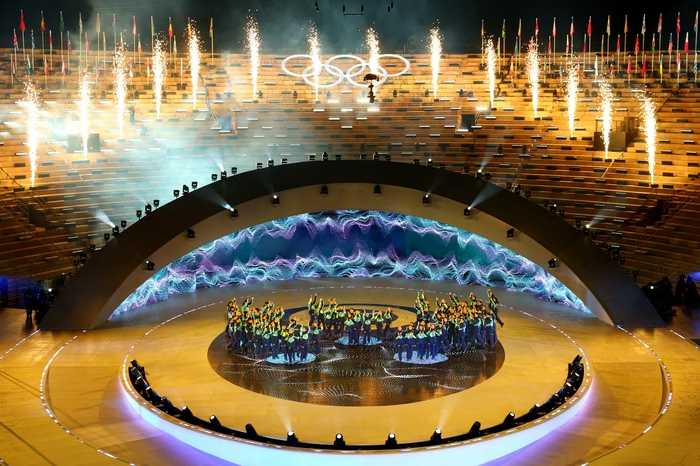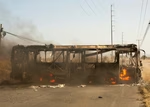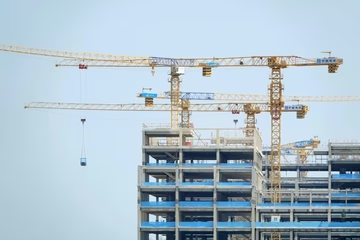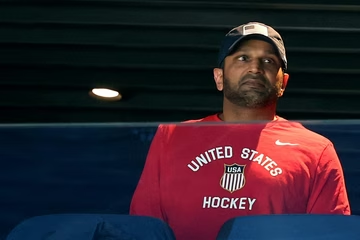EUSR Wigemark: Migrants must not become a political issue
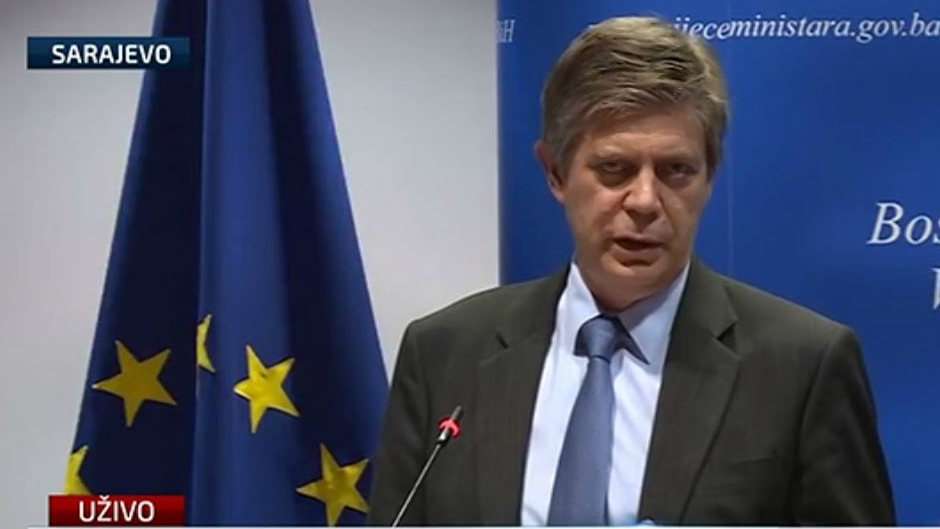
The migrants passing through Bosnia and Herzegovina must not become a political issue, said the European Union Special Representative (EUSR) Lars-Gunnar Wigemark in Banja Luka on Thursday. He added that the EU proved it had the experience to deal with these issues involving thousands of persons of this population.
Oglas
The EU's diplomat said the Union was at disposal to the authorities of Bosnia and Herzegovina, but that it was necessary to avoid “making a political circus out of this.” Wigemark emphasized the necessity of finding a location that would respond the accommodation needs of the migrants in the Una-Sana Canton, the westernmost region of Bosnia and Herzegovina.
According to Bosnia's state institutions, several thousand migrants entered the country since the beginning of the year, finding a temporary shelter to, as they say, their final destinations in the western Europe. The country has been coping with the problem of their accommodation and the lack of border police officers, who would control illegal attempts to cross the border. The Una-Sana Canton was the most affected Bosnian region, owing to its proximity to the EU, which the migrants are trying to reach.
“Based on the findings of experts, who spent more than a month on the territory of the Una-Sana Canton, the facilities proposed for the accommodation of migrants is inadequate. The EU earlier earmarked more than EUR 1.5 million for humanitarian aid, and now we are at the disposal with some EUR six million more, which would be used for certain medium-term solutions including the support regarding the facilities for reception and accommodation of migrants,” said Wigemark.
Oglas
After they initially occupied parks, streets or abandoned houses in the towns of Bihac and Velika Kladusa, the migrants were moved by municipal authorities to tent settlements and dormitories that are currently out of use.
The authorities at the higher level have been contemplating a possibility of housing the migrants in the facilities of a local Agrokomerc company. However, as the Security Minister confirmed on Wednesday, the European Commission refused to provide any funds for the renovation of the facilities and their transformation into a migrant centre.
Kakvo je tvoje mišljenje o ovome?
Učestvuj u diskusiji ili pročitaj komentare
Oglas
Kakvo je tvoje mišljenje o ovome?
Učestvuj u diskusiji ili pročitaj komentare
Oglas





 Srbija
Srbija
 Hrvatska
Hrvatska
 Slovenija
Slovenija












